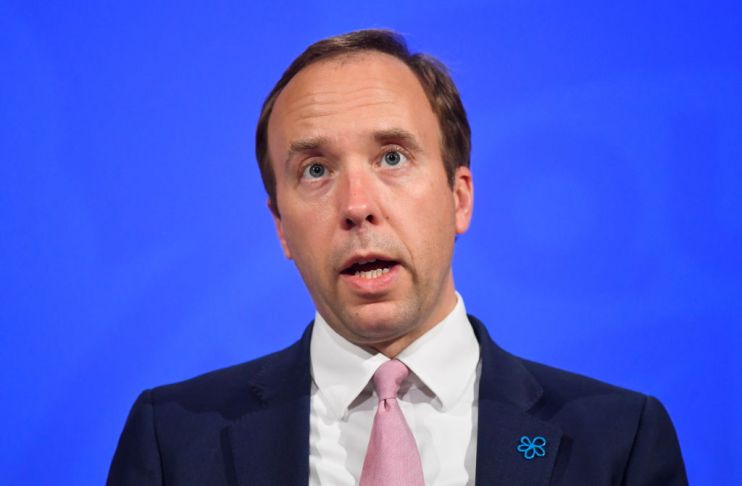Barrister Jolyon Maugham QC apologises for falsely claiming court victory against Matt Hancock

The well-known London-based barrister Jolyon Maugham QC made a rare apology yesterday for falsely claiming he had won a High Court case against former Health Secretary Matt Hancock.
Maugham said his office was “under-staffed” when a Twitter user wrote that his campaign group – The Good Law Project – had falsely claimed victory.
On Tuesday, the High Court ruled that the process behind the Government’s appointment of Dido Harding and Mike Coupe to senior emergency healthcare jobs without competition was unlawful.
The Court declared that the processes by which Matt Hancock appointed Dido Harding as Chair of the National Institute for Health Protection and Mike Coupe as Director of Testing, and the Prime Minister appointed Harding as Chair of Test and Trace, breached the public sector equality duty.
But the Court threw out claims brought by the Good Law Project that “personal or political connections” with politicians led to the appointments of Harding, a former TalkTalk boss, and Coupe, the former Sainsbury’s chief.
“The evidence provides no support for this at all. Baroness Harding had previous relevant experience of senior positions in large retail businesses and in the NHS. Mr Coupe had vast experience of managing complex public-facing organisations,” read the written judgment.
“The collective effect of the conclusions set out during this judgment is that the claim brought by Good Law Project fails in its entirety,” it continued.
By ruling that Boris Johnson and his Government acted unlawfully, the Court accepted the Runnymede Trust and Good Law Project’s argument that the recruitment process ignored the need to eliminate discrimination against, and advance equality of opportunity for, disabled and ethnic minority communities in the UK.
The Government’s decision to appoint Dido Harding and Mike Coupe ignored the effects of its recruitment practises on groups who are too often shut out of public life.
The Government also ignored its own internal guidance, which required Ministers to consider how discrimination law will be complied with.